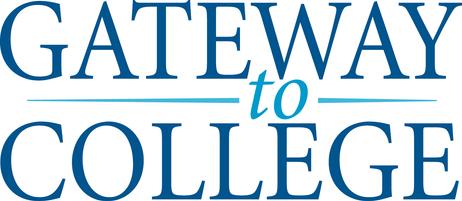A college education is an important component to a lucrative and successful career today, whether the degree is earned at a community college or four-year university. That fact is driving the efforts of the current administration to raise the completion rates at community colleges across the country within the next decade. President Obama has launched an initiative to graduate five million new students from community colleges by 2020. The president believes this lofty goal will help the United States establish itself in the top spot for college graduates and beef up the country’s economic outlook at the same time.
This video from Case-Western Reserve University examines the impact of state budget cuts in Ohio.
However, many states have found that the current economic crunch and exceedingly high unemployment rate are forcing them to make difficult decisions when balancing their budgets. Some of those decisions involve cutting funding to institutions of higher education –just when schools need money the most. When less money is available, students tend to suffer from fewer services and crowded classes that make it difficult to graduate on time. Less funding also means fewer options in financial aid and higher tuition rates, which often price many low-income students right out of the community college market.
New Report Shows Shrinking Budgets Impacting Completion Rates
A new report from the National Center for Public Policy and Higher






















